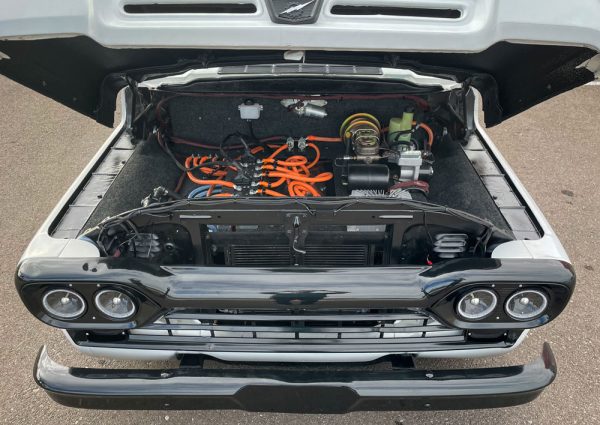Frequently Asked Questions
At Foremost EV, we take pride in transforming classic cars and trucks into efficient electric vehicles, providing our clients with a unique and dependable driving experience reminiscent of the vehicle’s original glory days.
Our goal is to preserve the beauty and elegance of the original design while introducing state-of-the-art electric technology. A lot goes into a gas-to-electric conversion, and we understand that our clients may have some questions. That’s why we’ve compiled a list of the most frequently asked questions to help provide you with some answers to our industry’s top questions.

Our Most Common EV Conversion Questions
Each vehicle is different, and there are a lot of considerations to the cost of any EV Conversion.
- Options
- Battery
- Motor
- Brake System
- Steering System
- Additional Upgrades
Our base package starts at $65,000 and includes parts and labor for any conversion. However, this doesn’t include any additional upgrades or damaged pieces from the donor vehicle that can not be used.
Absolutely, new factory cars are going to be cheaper because they are mass-produced on an assembly line. One major reason more people are choosing to convert a classic car into an EV is that it gives you more control and customization of the vehicle.
The range of an EV can vary widely depending on the make and model. Some EVs have a range of only 100 miles, while others can get more if adequately equipped.
While it is possible to do an EV conversion yourself, it is a complex and time-consuming process requiring expertise and specialized tools. You should work with a certified professional to ensure everything is done safely and effectively.
Start Your Project
Explore Our Resources Or Contact Us
We are always looking to provide answers about the EV conversion process. Check out our EV resources for more information about gas-to-electric conversions, and if you still have more questions, please reach out. We are always happy to help in any way we can.

